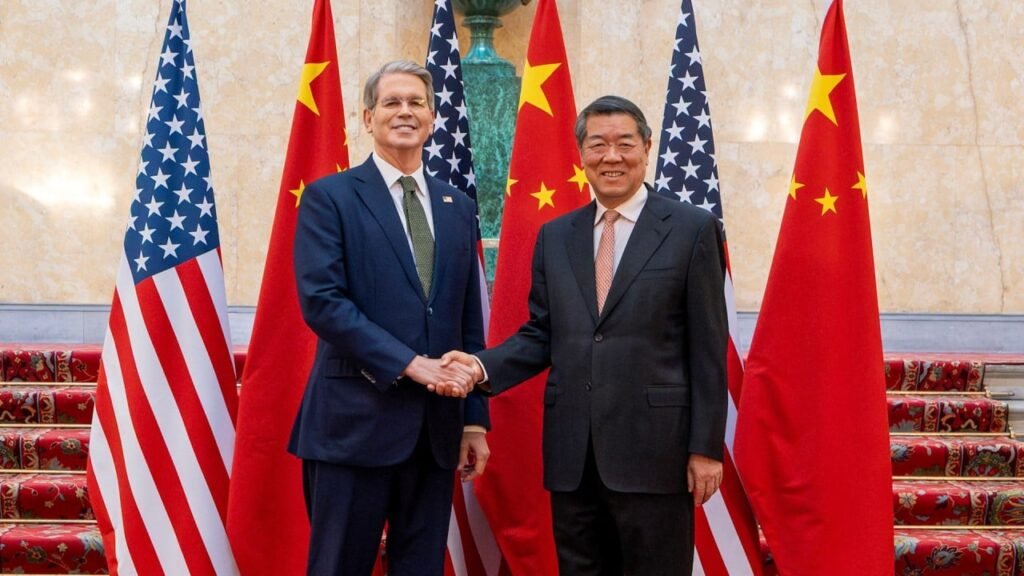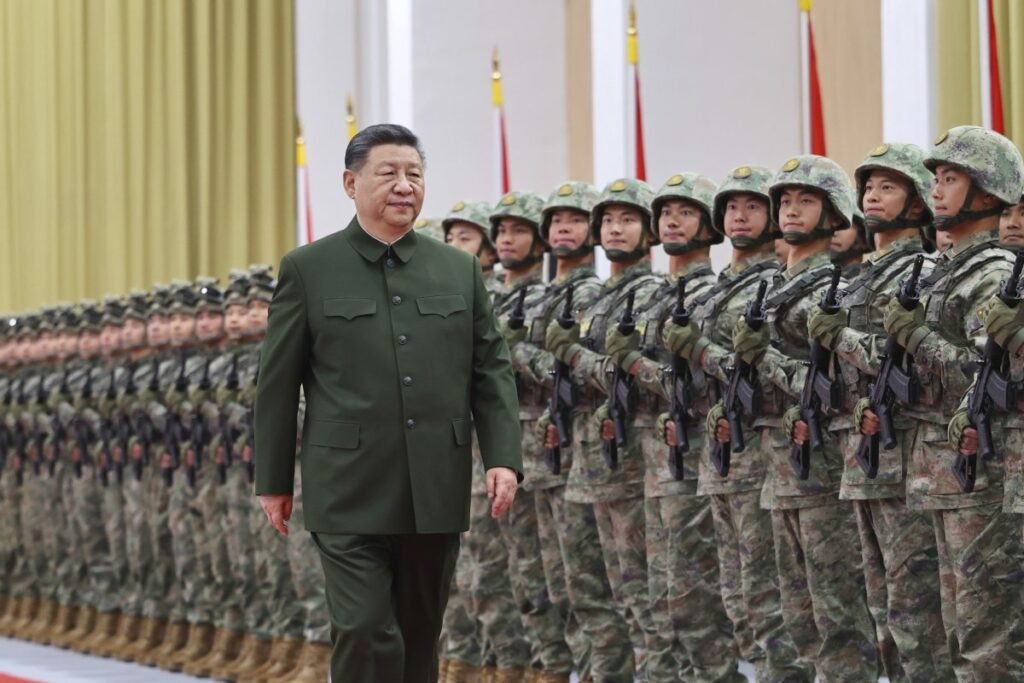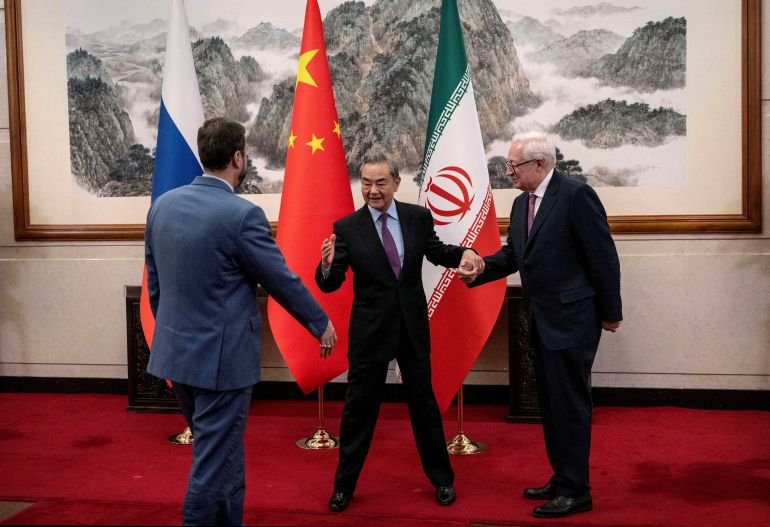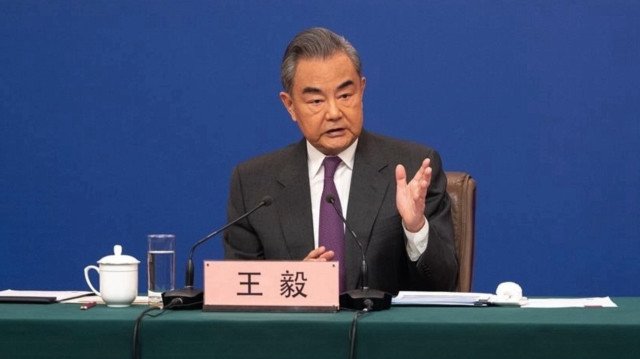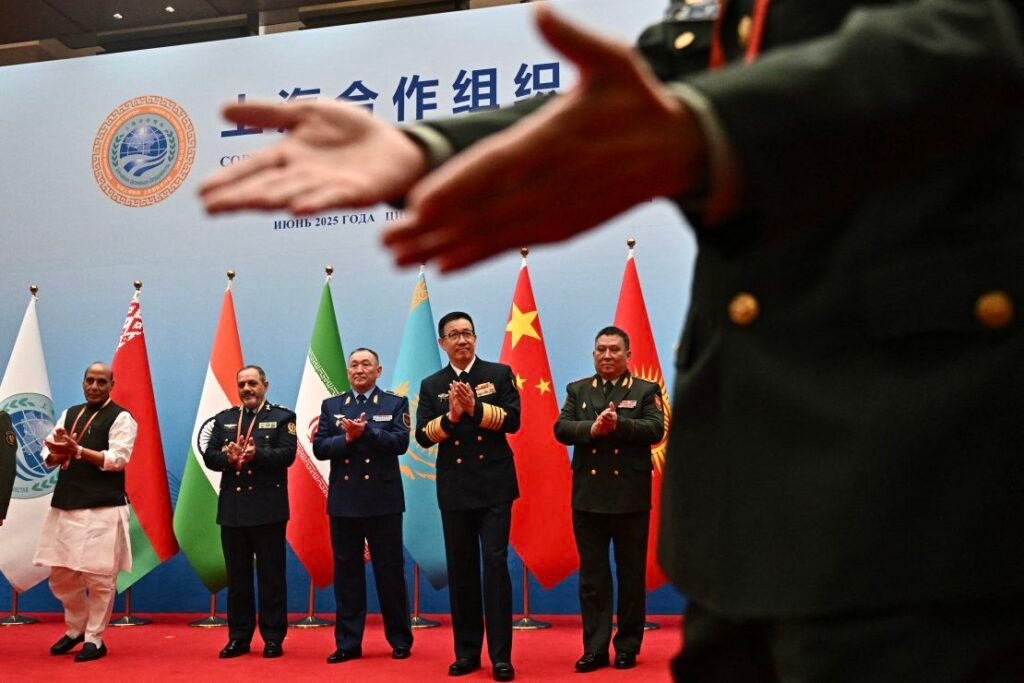With the Dalai Lama, Tibetan Buddhism’s spiritual leader, soon to turn 90, the issue of how to identify his successor, traditionally viewed as his reincarnation, is a key issue facing Tibet’s government-in-exile and China, which took control of the Himalayan region more than 70 years ago.
While China has claimed the sole authority to determine the successor, the current 14th Dalai Lama, who fled to India in 1959, has warned that Tibetans will not respect anyone chosen as his reincarnation by the country they see as having invaded their homeland.

Photo taken March 7, 2023, shows the 14th Dalai Lama in Dharamshala, a northern Indian city where the Tibetan Buddhist spiritual leader lives in exile. (Kyodo) ==Kyodo
Amid speculation that the Dalai Lama could identify his successor while still alive, potentially through a process of recognition based on “karmic” connection, the president of the Tibetan government-in-exile has told Kyodo News that selection after the spiritual leader’s demise on the basis of reincarnation remains the more likely scenario.
“I cannot say for sure, but what we have listened to (from) His Holiness and what has been going around so far indicate (the successor’s selection would) more likely (be) by reincarnation” than by identification by the spiritual leader, Penpa Tsering said in a recent interview in Dharamsala, northern India.
Dalai Lama has also said in the past that his successor could be a woman.
Tsering said the Dalai Lama will make an announcement in a video message at a meeting of representatives of Tibetan Buddhist monasteries on July 2, four days before he turns 90, although he said he did not know whether the succession issue would be touched on.

Penpa Tsering, president of the Tibetan government-in-exile, gives an interview in Dharamsala, northern India, on June 18, 2025. (Kyodo) ==Kyodo
Turning to China, Tsering said the key issue for Chinese government officials is selecting a new Dalai Lama “to fulfill their political needs.”
The current Dalai Lama, Tenzin Gyatso, assumed the role in 1950 after being identified as the reincarnation of his predecessor when he was 2 years old. He exiled himself to India soon after the failed Tibetan uprising against China’s imposition of control in 1959. He later established a government-in-exile in Dharamsala.
China considers the current Dalai Lama as a separatist who aims to break Tibet away from China. He, however, has insisted he is seeking autonomy for Tibet, with steps to preserve its religion, culture and language.
In 1989, the Dalai Lama won the Nobel Peace Prize for advocating peaceful solutions to preserve the historical and cultural heritage of the Tibetan people.
Formal talks between Tibet and China were last held in 2010. Tsering, the second president of the government-in-exile who took office in 2021, said the two sides have since only used unofficial channels to communicate.
He said he believes that China’s policy on Tibet and other ethnic minorities revolves around “eliminating the identity of the nationalities” of the ethnic groups.
“That’s why they are striking the very root of every nationality’s identity, including Tibetan, by having this colonial style — holding schools where a lot of restrictions are imposed on teaching the native language,” he added.
Tsering was recently on a month-long tour to officially visit the United States, Canada and Japan to discuss the Tibetan cause.
While Dalai Lama had a knee surgery in the United States in June last year, Tsering said the spiritual leader is in good health.
“His Holiness keeps saying ‘I will live for two decades (from now) and more and live up to 113 years of age,'” Tsering said. “There are also prophecies that he will live very long.”
Related coverage:
China harassing its citizens in Japan it considers subversive: report
China, Tibet must resume talks while Dalai Lama lives: exile gov’t
Tibetan exile leader defends Dalai Lama over viral video

